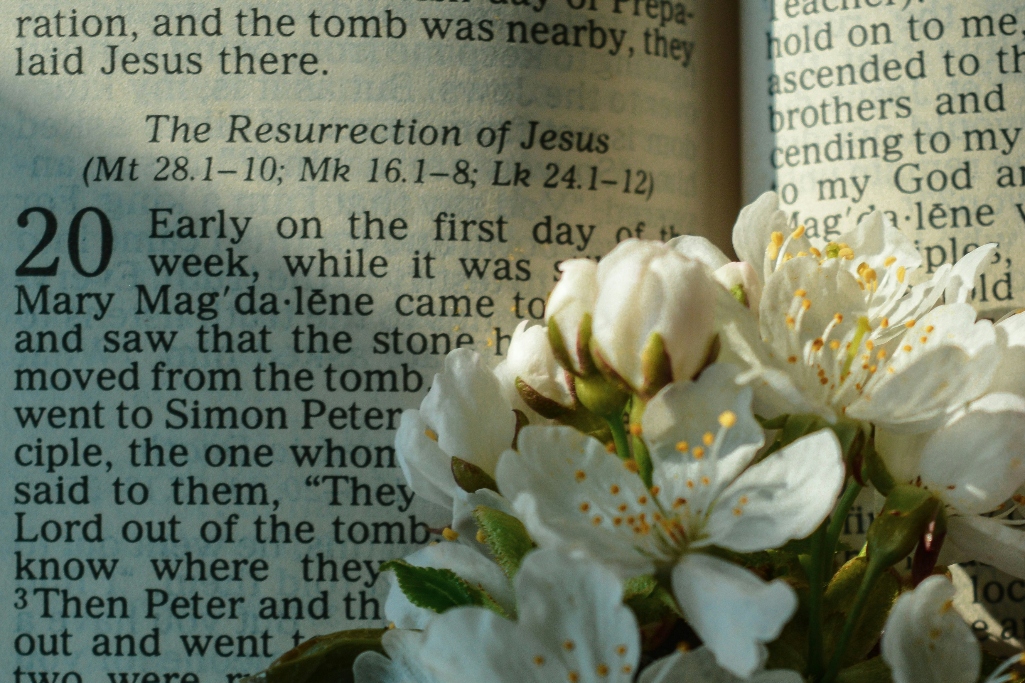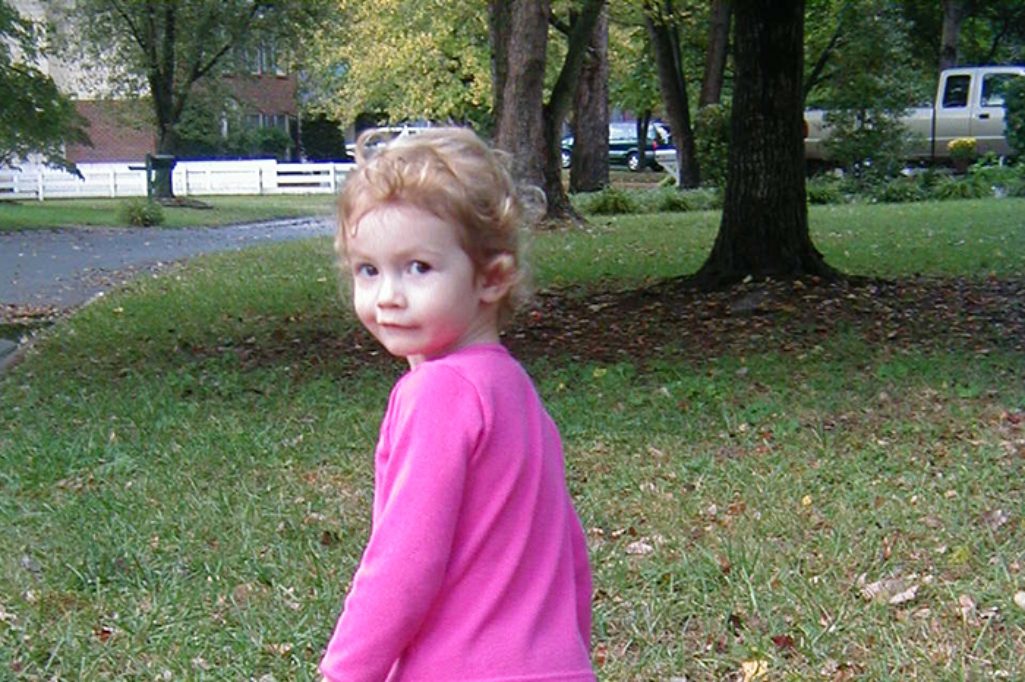RICHMOND, Va. – Of the 11,352 people groups in the world today, 20 percent (2,344) are primarily Muslim. The combined population of people groups that are primarily Muslim is 1.61 billion people. Evangelicals, including Southern Baptists, are sharing the gospel and planting churches among 985 of the people groups that are primarily Muslim. These 985 people groups have a combined population of 1.51 billion.
IMB missionaries are sharing the gospel and planting churches among 285 people groups that are primarily Muslim, and these people groups, many of them large, have a combined population of 1.04 billion. Since IMB missionaries are engaging 787 total people groups, this means that about one in every three people groups engaged by IMB is a Muslim people group.
In addition to IMB missionaries, Southern Baptist churches are increasingly involved in engaging Muslim people groups around the world and in our cities.
In light of our identity in Christ and His call and commission, we find ourselves among Muslims around the world. Some are conservative Muslims looking to follow the tenets of their faith by practicing the pillars of Islam and bracing themselves against a world that is becoming increasingly secular and unbelieving. Some seek to practice their faith by contextualizing the expressions of faith as needed. Some believe that governments are evil and choose to follow the laws of Allah first and foremost. Some are on a jihad; some are on a massira (journey); some are rebellious and have fallen out with religion and see it as no longer necessary in today’s world.
The Pew Forum on Religion and Public Life has provided a number of publications and tools for understanding faith and practice in the world today, and their recent expansive survey on “The World’s Muslims – Their Unity and Diversity” is another opportunity for us to learn about a quarter of the world’s population.
Reflections about the survey:
1. The survey includes every nation with a Muslim population of more than 10 million except Algeria, China, India, Iran, Saudi Arabia, Sudan, Syria and Yemen where the face-to-face interviews would cause attention and possible harm to respondents. It is regrettable that these countries could not be surveyed because many are coming to Christ, while facing great persecution. Of the 39 countries and territories that were sampled, sufficient samples (and over-samples where necessary) provide a high confidence that the observations made are reliable.
2. The survey reveals a world that is not as monolithic as Americans might think. Although there are unifying fundamentals in Islam – the shahada (the confession that there is one God and Muhammad is his prophet) and the pillars (oneness of God, with the prophesy of Muhammad as final; daily prayers; providing for the needy; fasting; and a pilgrimage to Mecca for the able-bodied) – there is a wide variety in expression and different levels of commitment. IMB missionaries have witnessed this firsthand.
Like Christianity, Islam faces the internal threat of those who stray from the fundamentals of faith and are siphoned off into secularism by its enticements. For some surveyed, there is the reality that they have clearly moved on – religion is no longer important in their lives. For others, it may appear that they have moved on, but there is still an anchor in Islamic faith that is foundational, spiritual and “down-home.”
IMB missionaries witness the various expressions and levels of commitment by Muslims, just as Muslim witness the various expressions and levels of commitment among Christians among them. Some Muslims are challenged in a positive way by Christian workers among them, and they see Jesus as a possibility in their spiritual journey. Others brace themselves against a religion that they say has multiple gods – Father, Son and Holy Ghost. Others simply don’t care what religion has to offer – whether good or bad – it just doesn’t matter.
3. The Muslim world challenges Christians to carefully translate their faith so that it is good news for Muslims of all expressions and levels of commitment. IMB missionaries struggle with how to share Christ with Muslims. Translating Christian faith and practice into daily living is tough enough, but doing this within another people group, with their distinct culture and language, is even tougher. In November 2007, IMB trustees shared a burden for making the gospel more accessible to the world’s unreached people groups without compromising the foundations of Christian faith and practice. This led to IMB’s Guidelines for Gospel Contextualization which affirms that the world cannot receive a Christian witness unless it is understood but that the translation must not compromise the gospel.
4. The survey shows us that although Islam is important to both men and women in almost every area, mosque attendance is a luxury that few women enjoy. No doubt, a Muslim woman would simply respond to this insight by saying Inshallah – if God wills. That is, “If God wanted us to attend the mosque, we would be there.” What a wonderful opportunity we have to invite Muslim women into a church community to worship a God who loves them and provides an escape from the fate of the ruler of the world.
Much more could be said about the value of the Pew Forum survey on the world’s Muslims. Certainly there is a unity in the Muslim community that we must understand. Also, there is great diversity. Followers of Christ, in order to truly follow Christ, must understand and embrace what unifies us with others – we are all created in God’s image. We must understand that the diversity of people demands unique expressions of love as we share the gospel – not solely with words of wisdom, but with the love of Christ as shown on the cross.
Jesus is the promise. The Promise is waiting for Muslims to come home. His name is Jesus.
(EDITOR’S NOTE – Jim Haney, director of global research for the International Mission Board, penned the following observations regarding the Pew Forum on Religion and Public Life survey on “The World’s Muslims – Their Unity and Diversity.”)
Related stories
Muslim diversity of belief, practice evident in Pew study
Guest column: A Muslim counts the cost
Guest column: Reaching Muslims (& Hindus & Buddhists) in our own backyard


